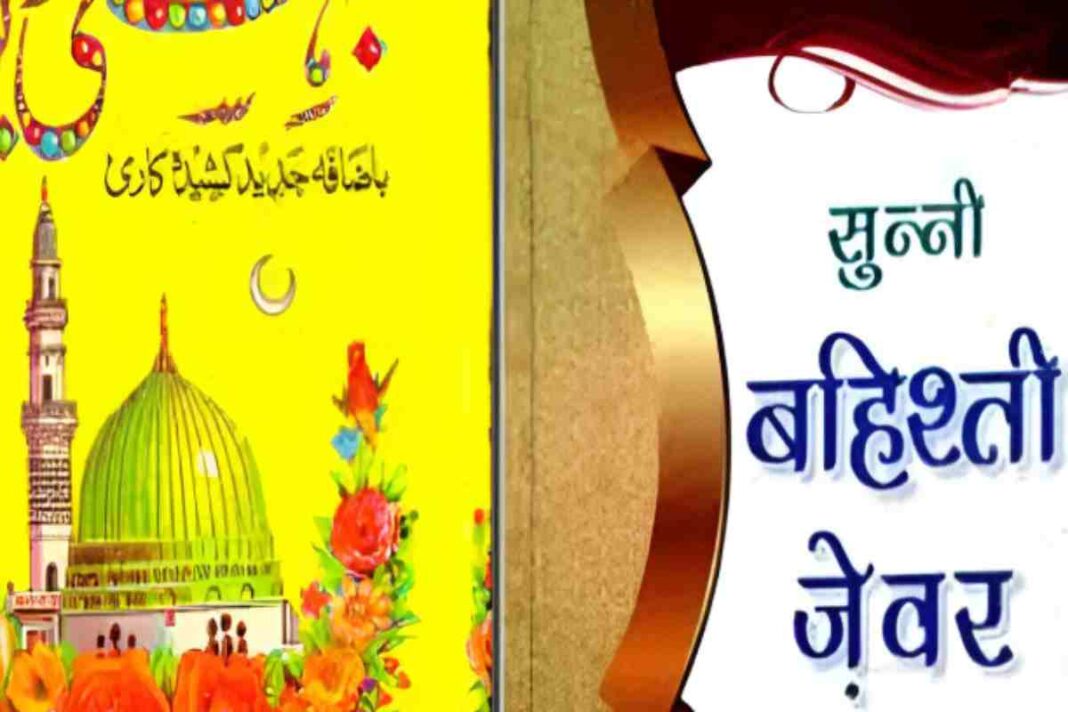“Behishti Zewar,” authored by Indian scholar Ashraf Ali Thanvi, has endured as a prominent text in the lives of Indian Muslims. Treasured alongside the Quran and Hadith, it has shaped customs and perceptions in Muslim households. This book, addressing diverse life aspects, faces acclaim and critique.
Spanning a range of issues from economic to sexual, “Behishti Zewar” holds a unique position. Despite its Deobandi origins, it has resonated across sects, raising objections from Barelvis, Ahl al-Hadith, Shia, and Salafis. Over 50 years, its relevance has been questioned, especially regarding matters such as the minimum age for animals in zakat calculations.
In contemporary light, the book reveals errors. Statements about cow and buffalo zakat, prohibition of women’s haircuts, and ideas on sexual modesty show flawed logic. Allegations like nail-biting causing leukoderma lack scientific basis. Criticisms extend to the ban on allopathic medicine due to alcohol content and the introduction of new practices into religion.
The book’s stance on rituals, music, seclusion, and rain reflects its age. Some notions, like associating laughing with ablution invalidation, must be updated. Instructions regarding water from a woman’s ablution for bathing raise skepticism—superstitious beliefs around defecating and urinating clash with established doctrine.
The book presents author-biased principles in religious matters, labeling differing beliefs as sinful. Socially and culturally, it leans on stereotypes and outdated perspectives. Its guidance on menstruation, purity, and women in sports has lost relevance.
While some Deobandis defend the book, controversies endure. Responses regarding conceiving in a husband’s absence reflect the divide. Despite its historical significance, “Behishti Zewar” now stands as a relic, embodying a past perspective in a changed world.
For a detailed story, please visit: Awaz the voice
Also Read: Chandni Begum: The Courtesan Poetess
You can connect with DNN24 on Facebook, Twitter, and Instagram and subscribe to our YouTube channel



